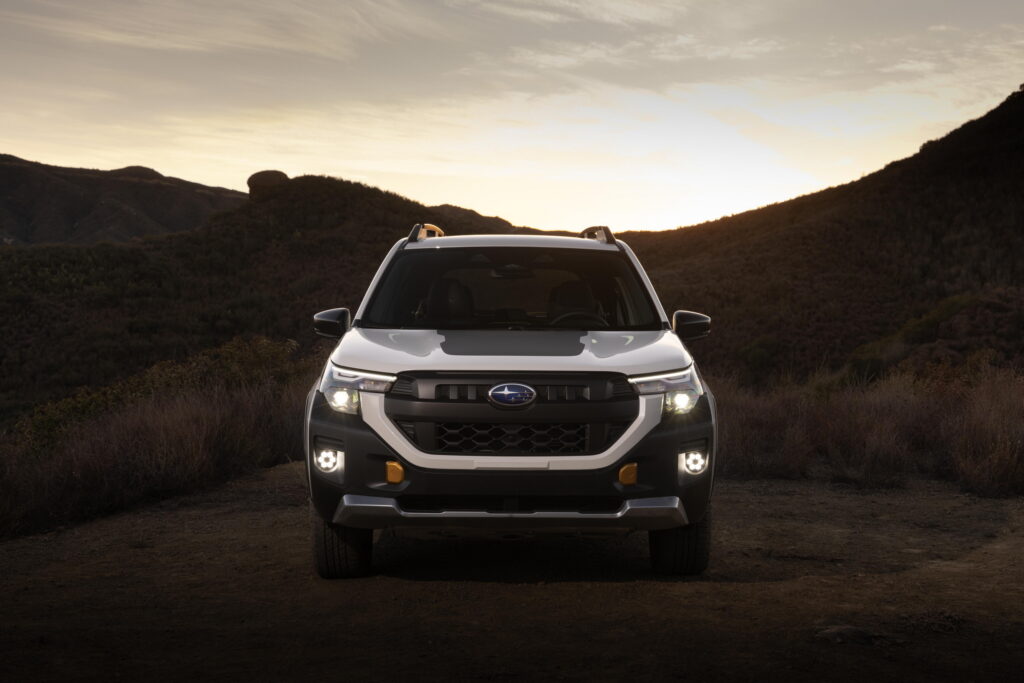- A new study says the average price of new cars in America will rise by $1,760.
- GM and Ford estimate massive financial losses from the 25% auto tariff this year.
- Things could get better if the current tariff is dropped, perhaps to as low as 7.5%.
If you’re in the market for a new car in the US, you will have to pay more thanks to the new tariffs. The impacts of the tariffs are already being felt across many consumer goods, as well as in the automotive industry, despite a surprisingly large number of carmakers sticking to their prices and keeping them steady, at least for now.
var adpushup = window.adpushup = window.adpushup || {que:[]};
adpushup.que.push(function() {
if (adpushup.config.platform !== “DESKTOP”){
adpushup.triggerAd(“0f7e3106-c4d6-4db4-8135-c508879a76f8”);
} else {
adpushup.triggerAd(“82503191-e1d1-435a-874f-9c78a2a54a2f”);
}
});
AlixPartners says that most car brands will pass along about 80% of the tariffs to the consumer. This works out to be around $1,760 per car. This won’t just increase prices, but is expected to contribute to a decline in car sales across the United States, with potentially as many as 1 million fewer cars sold over the next three years.
Read: Trump’s Tariffs Just Made Mitsubishi SUVs More Expensive
GM has said it expects to take a $5 billion hit from the tariffs this year, while Ford estimates a $2.5 billion impact. It will respond by making price adjustments and has already confirmed it will increase prices of Mexican-made vehicles by up to $2,000, including for the Maverick, Bronco Sport, and Mustang Mach-E.
If AlixPartners is correct, things could improve slightly. Speaking with Bloomberg, the consultancy firm said it predicts the current 25% auto tariff could fall to as low as 7.5% as the United States secures new international trade deals. Additionally, tariffs on car parts could be reduced to 5% and may even be lower for cars that comply with the US-Mexico-Canada trade agreement (USMCA).

According to global auto market lead for AlixPartners, Mark Wakefield, “The tariff wall is not likely to last forever.”
The Impact On EVs
While the tariffs may not stick around indefinitely, buyer preferences could change. The company expects more people to turn away from EVs, opting for combustion-powered cars, thanks to the Trump administration’s imminent removal of EV tax subsidies.
AlixPartners says that EVs may make up just 17% of US auto sales in 2030, a drastic fall from the 31% it previously estimated. Traditional ICEs could account for around 50% of sales, while hybrids could hold a 27% share of the market. As for PHEVs? They may only account for 6% of sales in 2030.
var adpushup = window.adpushup = window.adpushup || {que:[]};
adpushup.que.push(function() {
if (adpushup.config.platform !== “DESKTOP”){
adpushup.triggerAd(“bb7964e9-07de-4b06-a83e-ead35079d53c”);
} else {
adpushup.triggerAd(“9b1169d9-7a89-4971-a77f-1397f7588751”);
}
});

#Car #Tariffs #Passed


